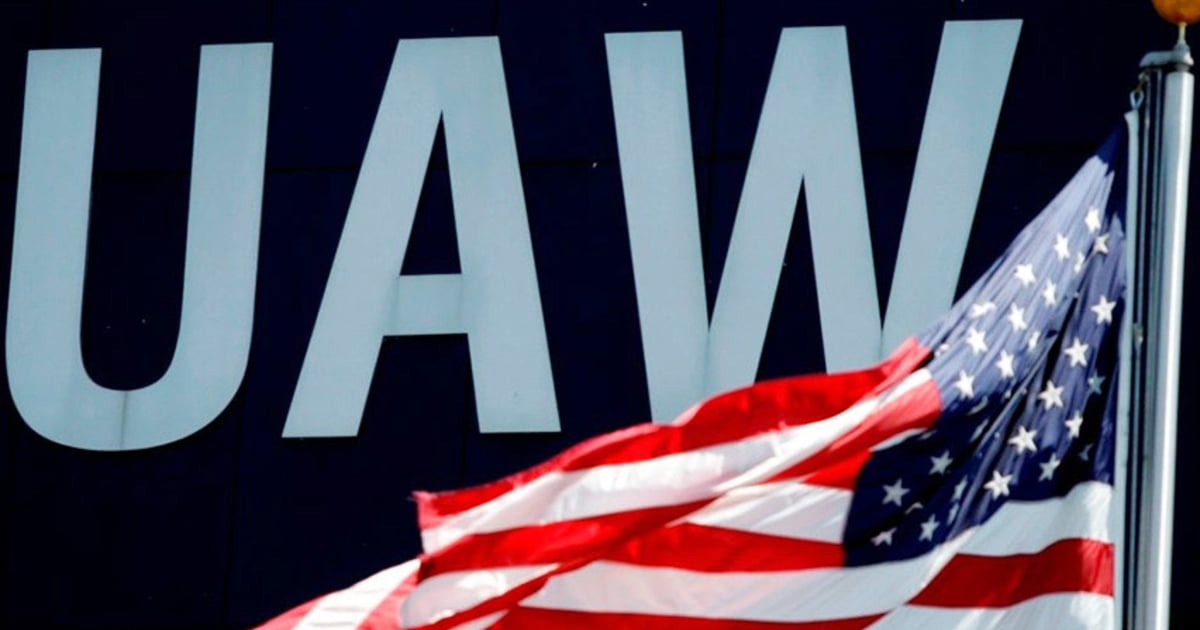
General Motors and Ford Motor Co. were among the biggest decliners in the U.S. stock market Thursday on growing concern that demands from union leaders could send the automakers’ labor costs soaring.
The UAW is calling for wage increases and other changes that the Detroit 3 estimate would add more than $80 billion in expenses for each of them, Bloomberg reported this week.
GM shares fell 5.8 percent Thursday in New York, their biggest daily plunge in nearly eight months. Ford fell 4.5 percent and Stellantis declined 1.8 percent. GM and Ford were the second- and fourth-biggest percentage decliners on the benchmark S&P 500.
“GM and Ford may be in the penalty box for a while. Wall Street hates uncertainty,” said Morningstar analyst David Whiston. “This is not a normal negotiation both in style and the demands they are asking.”
The union wants a 46 percent wage increase, restoration of traditional pensions, cost-of-living increases, a shorter work week and better retiree benefits.
The carmakers have pushed back on many of the demands, but organized labor is having a moment in the U.S., especially after Teamsters’ success negotiating the favorable new deal last month with UPS.
UAW President Shawn Fain contends the roughly 150,000 union-represented workers at GM, Ford and Stellantis are due a payback for helping the companies recover from the Great Recession a decade ago, which set them up for record profits. On the other hand, the carmakers say they already offer generous pay and benefits, and need to keep wages competitive with lower-paying and non-union rivals like Tesla Inc. as they invest billions into the shift to EVs.
“The ongoing talks with the UAW over a labor agreement always cause concerns for investors because a potential strike would negatively impact operations at the companies, and impact profit outlooks,” Argus Research analyst William Selesky said in an interview.